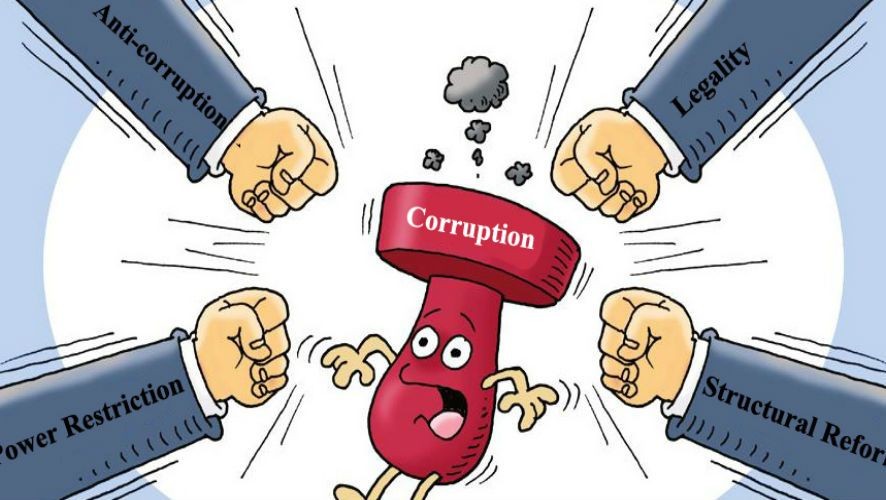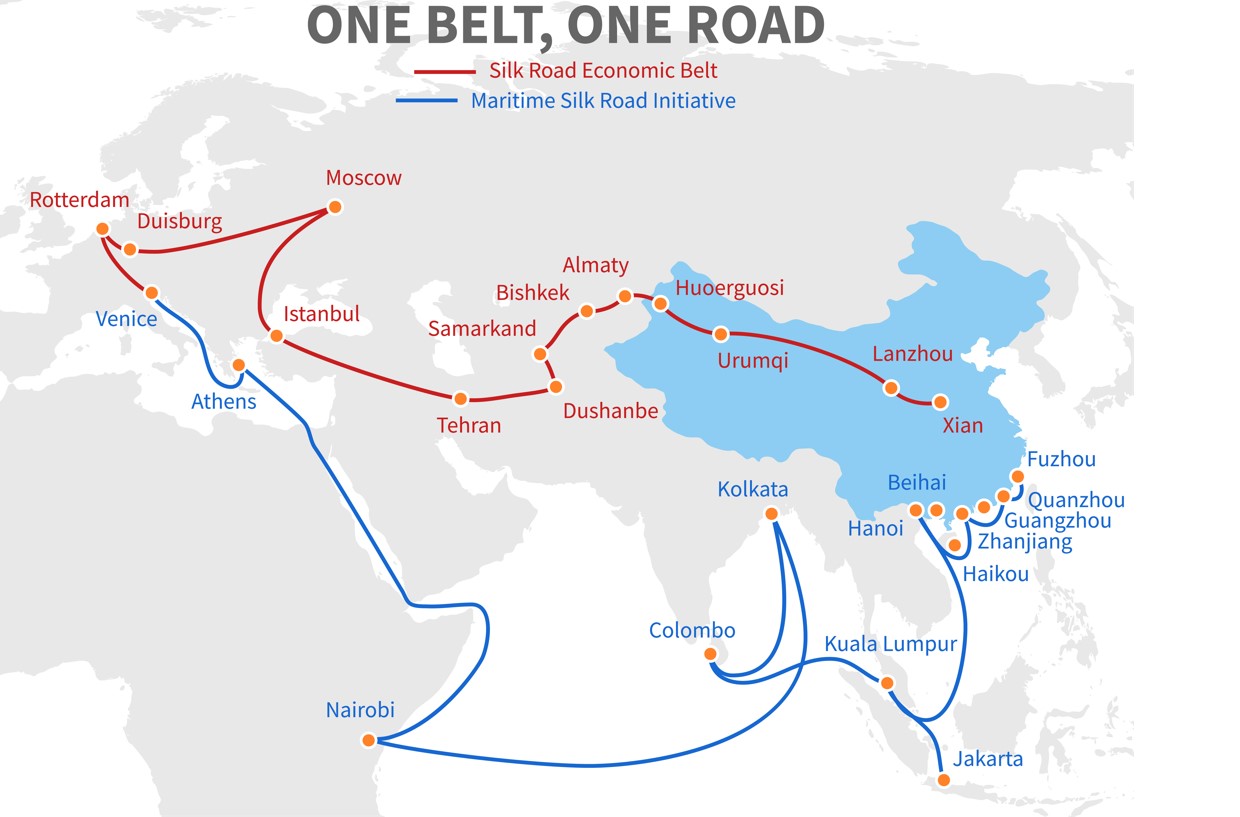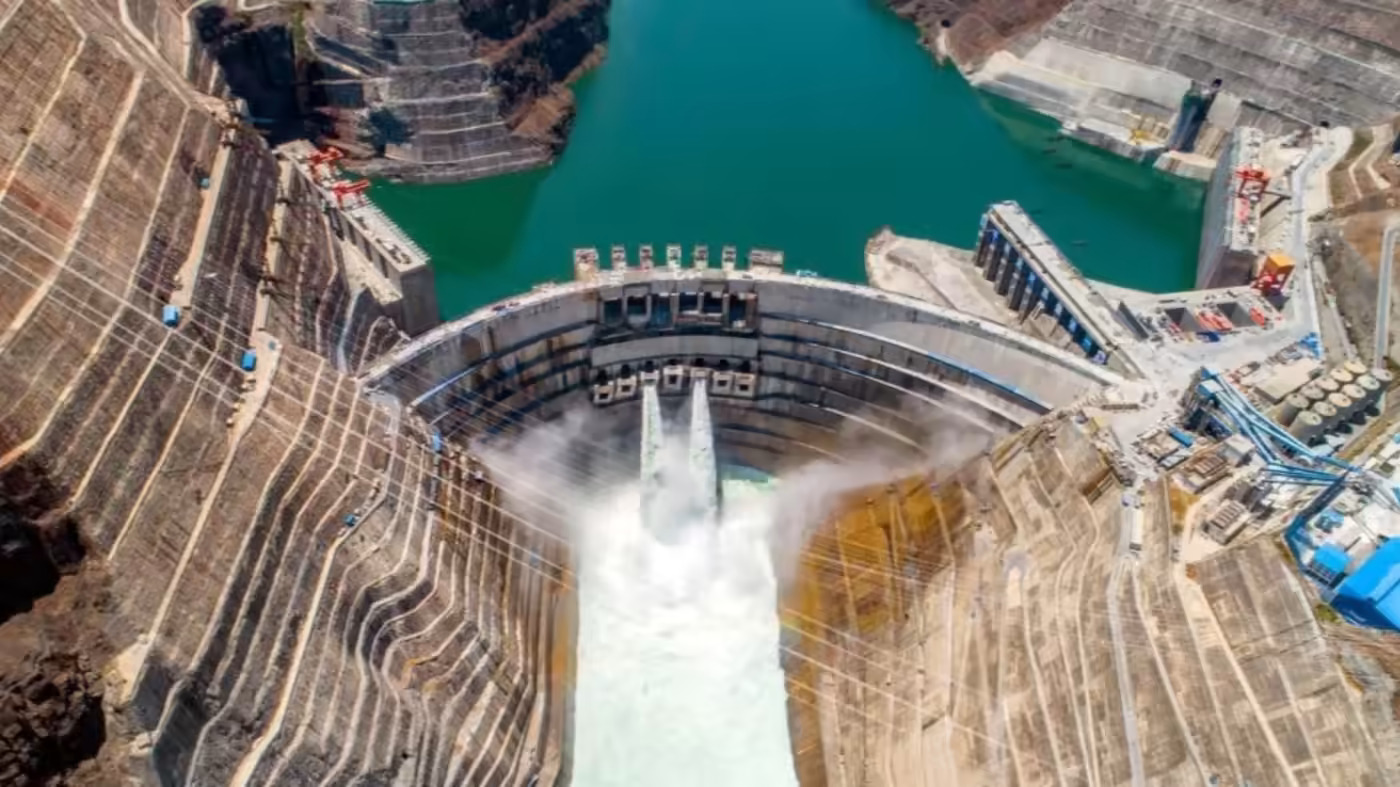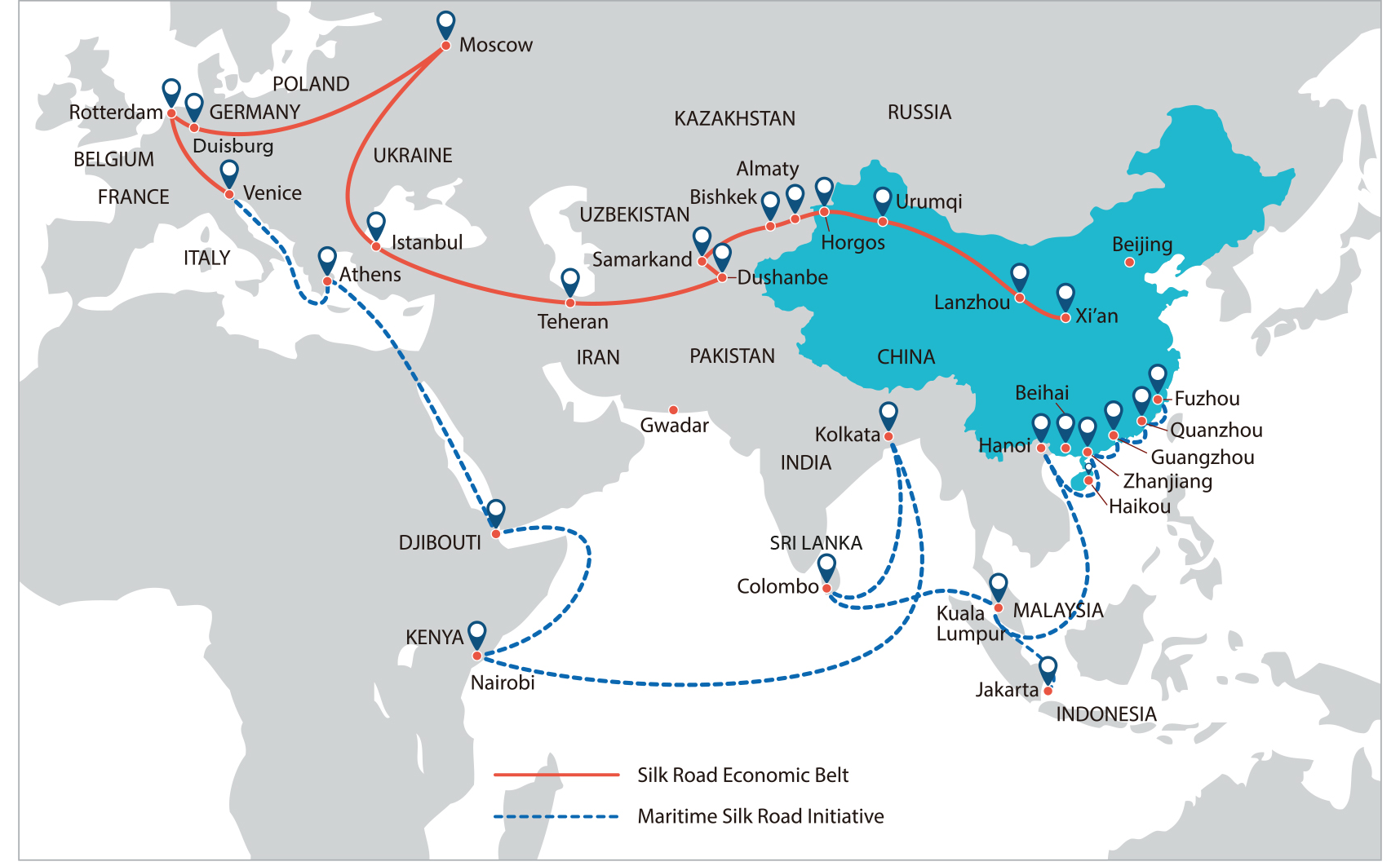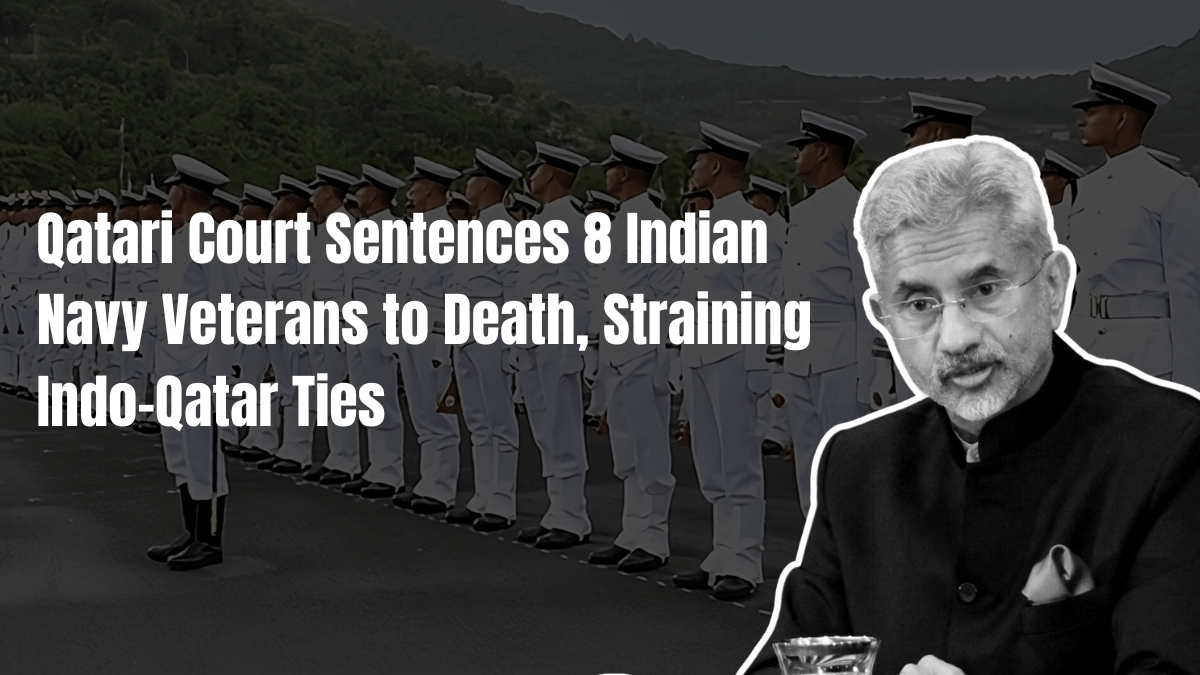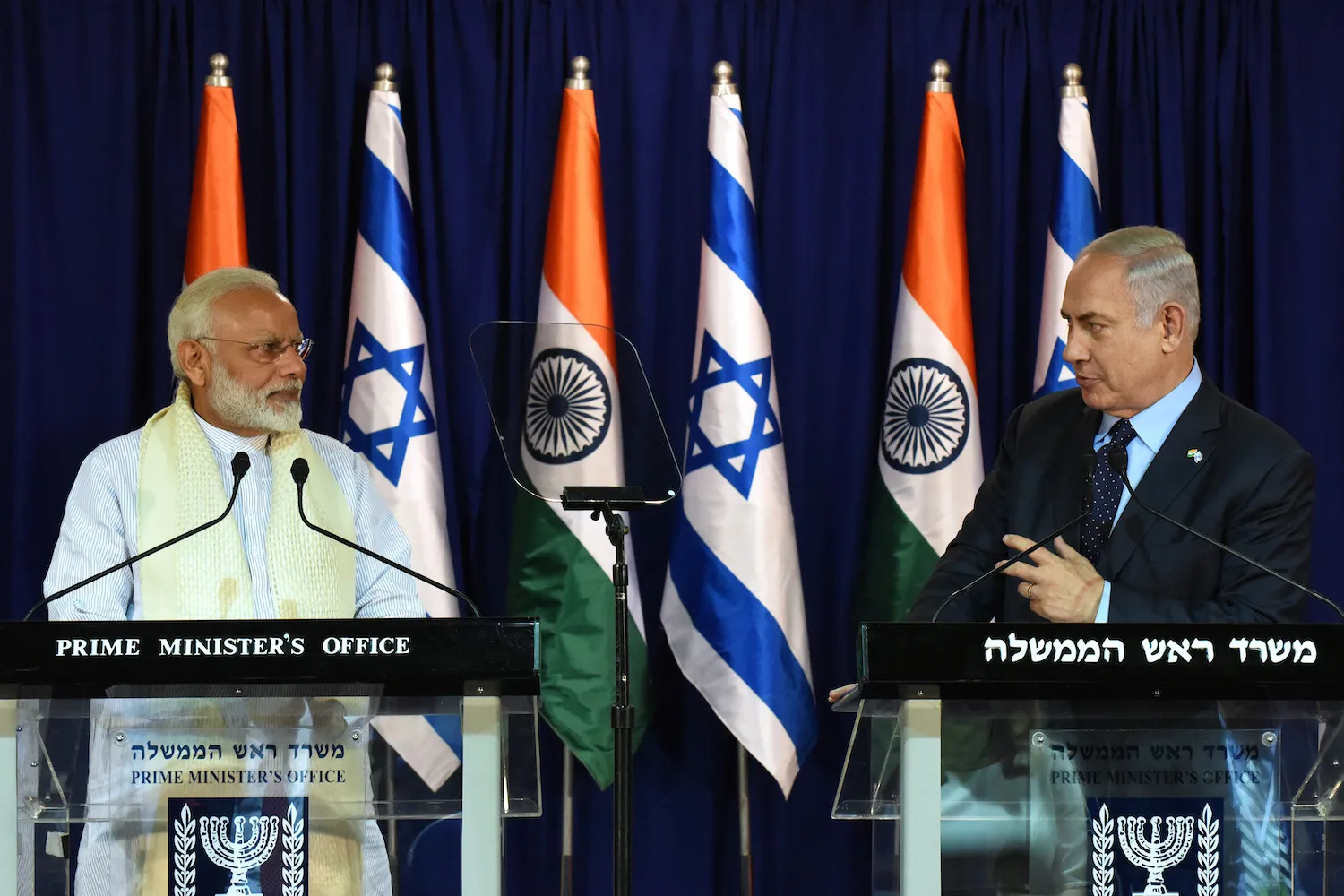India’s political and corporate scene has undergone a startling change in the last few years. The Financial Times (FT) has revealed a depressing coal import scam that seems to have every trait of a kleptocracy—the word kleptocracy comes from the Greek for “thief rule.” This dubious situation is only one aspect of a larger problem afflicting the country, where corruption appears to flourish unfettered and unabated.
Kleptocracies are characterised by widespread corruption, which gives the ruling class and their allies almost complete impunity. Under such a system, government insiders’ illegal behaviours are justified by manipulating the legal framework. It also entails influencing the narrative through media ownership and giving lucrative contracts to friends and family, which encourages rent-seeking behaviour. Customers are now paying twice as much as they should due to accusations made against the Adani group that they were involved in the inflation of coal costs through the use of offshore middlemen.
The apparent cooperation of the current government in permitting this misconduct to continue is very concerning. Customers were unknowingly paying exorbitant costs for coal between 2019 and 2021, while the pandemic severely damaged their savings and income.
It is not a recent discovery that companies and the government have formed an unholy partnership. The cosy relationship between the government and big commercial interests is highlighted by dubious transactions like the Rafale agreement, the issue surrounding electoral bonds, and overpriced contracts for ports and airports. The Supreme Court’s seeming unwillingness to confront these important issues of ethics and integrity is even more worrisome.
The nation did not anticipate this when the current administration assumed power almost ten years ago. The India Against Corruption (IAC) movement helped propel anti-corruption sentiment in 2014, which Prime Minister Narendra Modi rode. A new era of integrity and accountability was promised by this nationwide rally against bureaucratic and political corruption. In their idealism, the public thought that Modi’s leadership and the Lokpal Act would reform the system. Concerns about corruption were overshadowed by Modi’s reputation for integrity, and the public was soothed by his slogan, “Na khaunga na khaane dhunga” (I will neither indulge in corruption nor allow others to do so).
In any society, fighting corruption requires openness and information accessibility. Transparency influences political behaviour and promotes democratic accountability. But the kleptocratic paradigm can only survive because of authoritarianism and opacity. Because of the government’s climate of intimidation, institutions and bureaucracy put loyalty ahead of objectivity and integrity. It is now dangerous to speak truth to power, which hinders the fight against corruption.
The battle against corruption has been further undermined by the deliberate installation of people with a specific ideological bent in important government positions. Even in agencies such as the UPSC, CAG, UGC, and JNU, loyalty to the existing regime now triumphs over objectivity. Professor K.S. James’ dismissal is one example of how those who defy this worldview are marginalised.
Many organisations now serve as the political executive’s mouthpieces, encouraging a sycophantic culture. Officials of the government are expected to promote the regime, abandoning the values of impartiality and neutrality. Even the Lokpal, which was set up to fight corruption, has been packed by people who support the government’s policies and has been undermined. The Lokpal Act is now useless because the stipulations pertaining to the transfer of CBI powers have been disregarded.
The deliberate weakening of the Right to Information (RTI) statute, which aims to destroy bureaucratic secrecy, is equally disturbing. Information withholding by major public organisations has become commonplace; examples of this include the Prime Minister’s unwillingness to reveal his bachelor’s degree. The corruption that regular people deal with on a daily basis has been eclipsed by the media’s attention to opposition corruption.
It is disturbing to see India’s position in the global corruption rankings. With a score of 40 on the 2022 Corruption Perception Index, it is ranked 86th out of 180 nations, lower than the average score of 43 for all countries. The proclamation “na khaunga, na khaane dhunga” has turned into a demeaning prank against the Indian populace.
The corruption that India is currently dealing with affects institutions and processes, in addition to isolated instances of misconduct. The nation’s soul has been further eroded by the attack on the notion of a secular India. Despite all of this, the nation’s leader continues to present himself as the vanguard of the anti-corruption movement, while oppression, fraud, and hypocrisy appear to go unpunished. The fight against corruption is still ongoing in a nation where it is still a major problem, and accountability and openness are getting harder to come by.
